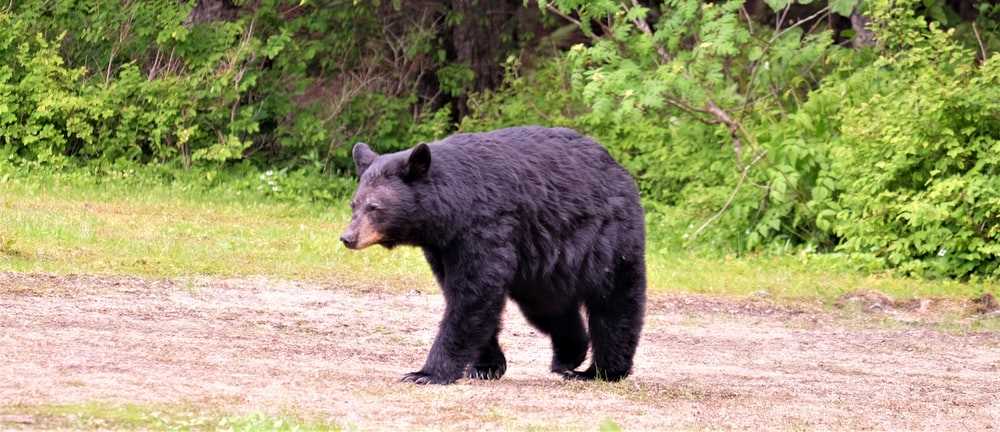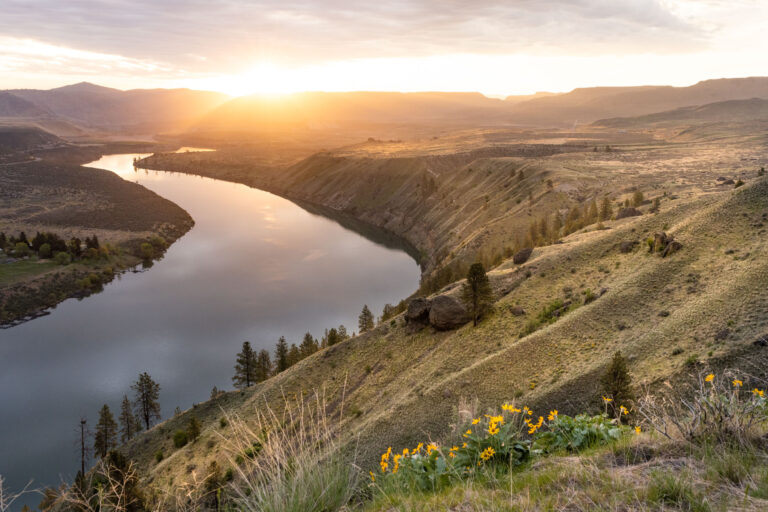A recent decision by the Washington Fish and Wildlife Commission to suspend the spring black bear hunt has created a stir among animal rights groups and hunting organizations. The commission is a nine-member board appointed by the governor to oversee the action of the Washington Department of Fish and Wildlife (WDFW).
However, when the commission voted in November 2021 on whether or not to have a bear hunt in the spring of 2022, the commission was short one member, which led to a 4-4 vote. Without a clear mandate to hold the hunt, the commission defaulted to halting the season.
Since that controversial decision, another commissioner, Fred Koontz, who voted against the spring bear hunt, resigned in December.
The canceled hunt first gained attention when two sisters attempted to sue WDFW, stating that the public was not properly notified about the halt, but that lawsuit was struck down. The lawsuit did, however, bring the hunt into the national spotlight, particularly with animal rights groups like the Humane Society.
Those opposing the spring black bear hunt claim that it is unethical, citing that female bears can be harvested who may be rearing young, and those cubs would likely not survive. They also have concerns that WDFW does not have sufficient data on bear population numbers.
Washington’s current spring black bear hunt has occurred since 1999. The hunt was implemented to manage populations, reduce human-bear conflicts, and to reduce young tree mortality when bears are foraging in the spring, which can cause damage to commercial timber interests.
The 2022 special permit hunt would have issued tags to 664 hunters with an anticipated 145 bears harvested.
WDFW’s data states that only 2-percent of cub mortality is related to the spring bear hunt. The agency also requires that hunters notify the agency within 72 hours of a kill.
Hunters must present the raw pelt, with evidence of sex, and the skull to the department within five days. This data is used in part to estimate bear populations and set hunting limits.
Several of the commissioners who voted against the hunt stated that they are listening to Washington State as a whole—with hunters being less than 3-percent of the population—and that halting the 2022 hunt could give WDFW the needed time to collect more robust population estimates.

Other commissioners who voted for the spring bear hunt, including Spokane’s Kim Thorburn, state that Washington has a healthy bear population and WDFW is using standardized methods to estimate populations. Commissioners supporting the hunt also state that WDFW has the right to offer recreational hunting opportunities when it is deemed to not hurt population numbers.
The suspension of the 2022 spring hunt has upset many hunting groups. The Washington chapter of Backcountry Hunters & Anglers released the following statement: “The announcement regarding the 2022 spring bear hunt was incredibly disappointing for our organization, which advocates for the tenets of the North American Model of Conservation, particularly in regards to the use of science to set wildlife policy and that hunting is an appropriate tool for wildlife management.”
Dan Wilson, the secretary of Washington Backcountry Hunters & Anglers, adds that “Predator hunting can obviously elicit strong emotions, but the truth is that our bear populations are incredibly stable, deserve honest management policies, and provide a great source of meat for hunters seeking out healthy and sustainable foods.”
Despite disagreements, getting the commission fully staffed is something all sides seem to agree on. The current state of Washington’s wildlife commission, which as of January 2022 had two vacant seats as well as several sitting members whose terms ended in 2020, has raised the hackles of groups on both sides of the issue.
Case in point, the first action of the new nonprofit Washington Wildlife First, that is seeking to restructure state agencies to focus on the non-consumptive values of natural resources, was to write a letter to Governor Inslee along with other groups encouraging him to fully staff the commission.
Originally published as “Report on the Spring Bear Hunt and Washington’s Wildlife Commission” in the January-February 2022 issue.
Adam Gebauer has seen many bear on his wanderings but more bears have probably seen him. He last wrote about the need for more fire in a fire-prone forest.
Find more stories about Northwest wildlife in the Nature column archives.













